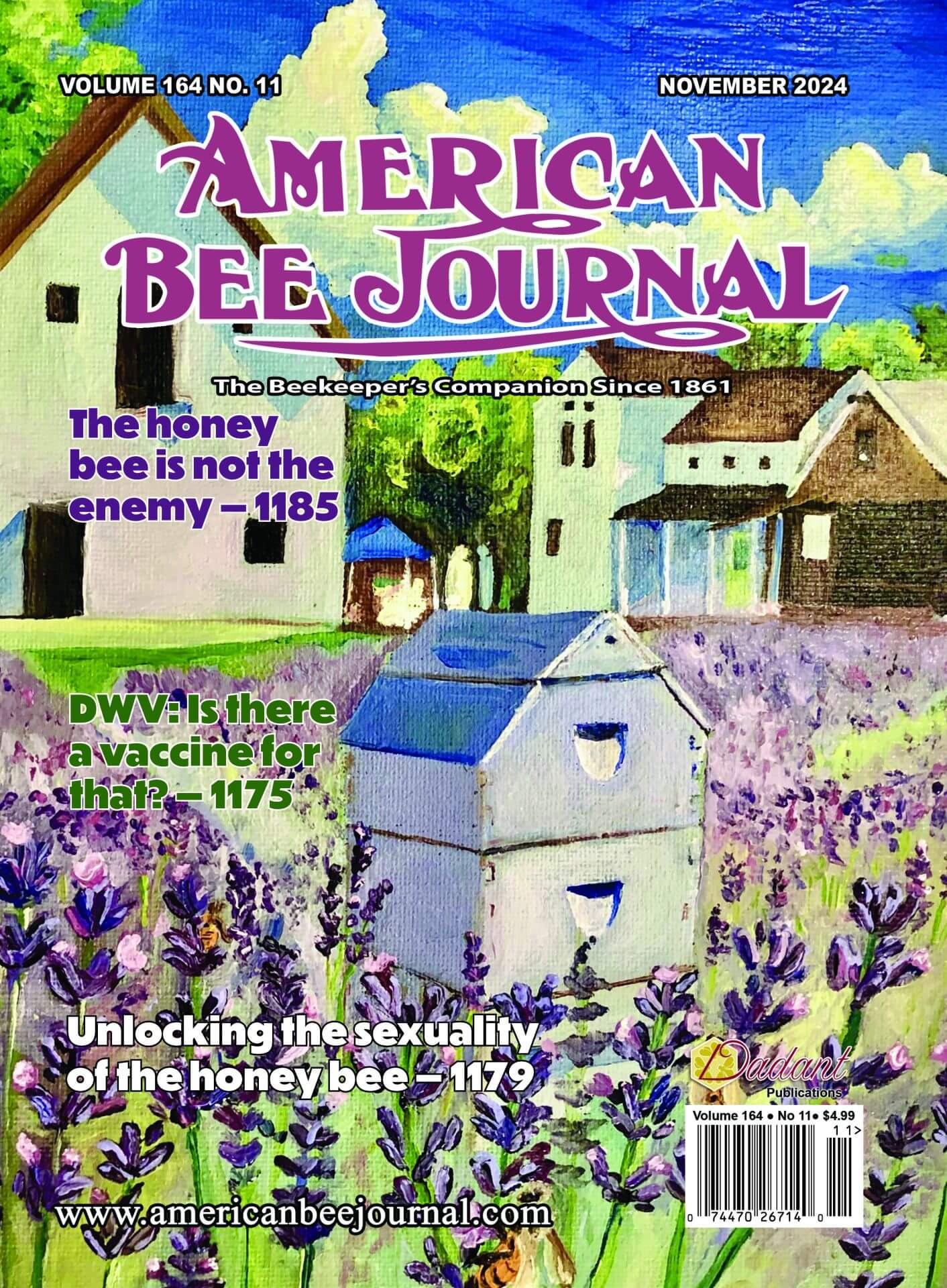September 10, 2024 — American Bird Conservancy (ABC) is launching its inaugural Untreated Seed Pilot Program (USPP). The program offers funding on a per-acre basis to American growers and producers interested in sourcing and using corn, soybean, and cereal crop seeds not coated with neonicotinoid insecticides, also known as neonics. By reducing or eliminating the use of neonic seed treatments in select cropping systems, the program aims to support beneficial insect populations which contribute to healthy habitats for birds, like the western meadowlark and northern bobwhite quail, and other wildlife.
“We began this program because the widespread use of neonics is known to significantly affect wild birds by causing their insect food sources to decline, as well as harm their health directly,” said Hardy Kern, ABC’s Director of Government Relations, Pesticides and Birds Campaign. “A single seed treated with neonics is enough to kill a songbird, as revealed in our reports. Through collaboration with growers, we hope to not only better understand the process of sourcing and using untreated seed in the United States, but to inspire adoption on a larger scale and create win-win outcomes for both people and birds.”
ABC is interested in supporting Integrated Pest Management (IPM) practices and better understanding the seed supply chain. Similar to the Conservation Stewardship Program enhancements offered by the Natural Resource Conservation Service, ABC’s program will provide growers and landowners an opportunity to make a real difference for struggling bird and pollinator populations. Pilot program participants will be paid $10 per acre of corn, $15 per acre of soybeans, and $15 per acre of wheat, with rates subject to adjustments depending on total acreage per grower and other considerations. Updates about progress will be monitored by ABC to better understand and address the challenges in reducing and eliminating the usage of neonicotinoids as seed coatings.
(Note: The program is focusing solely on seeds coated in neonics, not fungicides or other coatings, and other than use of neonic-free seed, participants can continue current agricultural practices used on crops.)
In North America, an astonishing 96 percent of all terrestrial bird species rely on insects, including the many non-target insects killed by neonic-based pesticides. These insects are especially important for young migratory birds, which require a steady diet of protein-rich insects like caterpillars to grow quickly and fuel up for their annual long-distance migratory journeys.
A recent study indicates that agricultural insecticides are significantly contributing to the decline of monarchs and other butterfly species across the American Midwest. Meanwhile, other research reveals that neonics could impair seed-eating songbirds’ ability to migrate. The birds most likely to be impacted are grassland species living on or near agricultural land, which have suffered the steepest declines of any North American bird group in the past 50 years. Grassland birds have diminishing natural habitat available and can be drawn to neonic-coated seeds spilled on farmland for nourishment. There is also increasing evidence of neonics entering waterways at harmful levels.
Growers interested in trying different approaches to producing crops without the use of neonic-coated seeds are encouraged to apply for funds for the 2025 growing season. ABC is excited to partner with growers as they feed the world and steward the environment. For more information, please contact untreatedseedprogram@abcbirds.org.
Newsnotes
American Bird Conservancy Pilot Program Pays Farmers to Use Safer Seeds
- November 1, 2024
-


